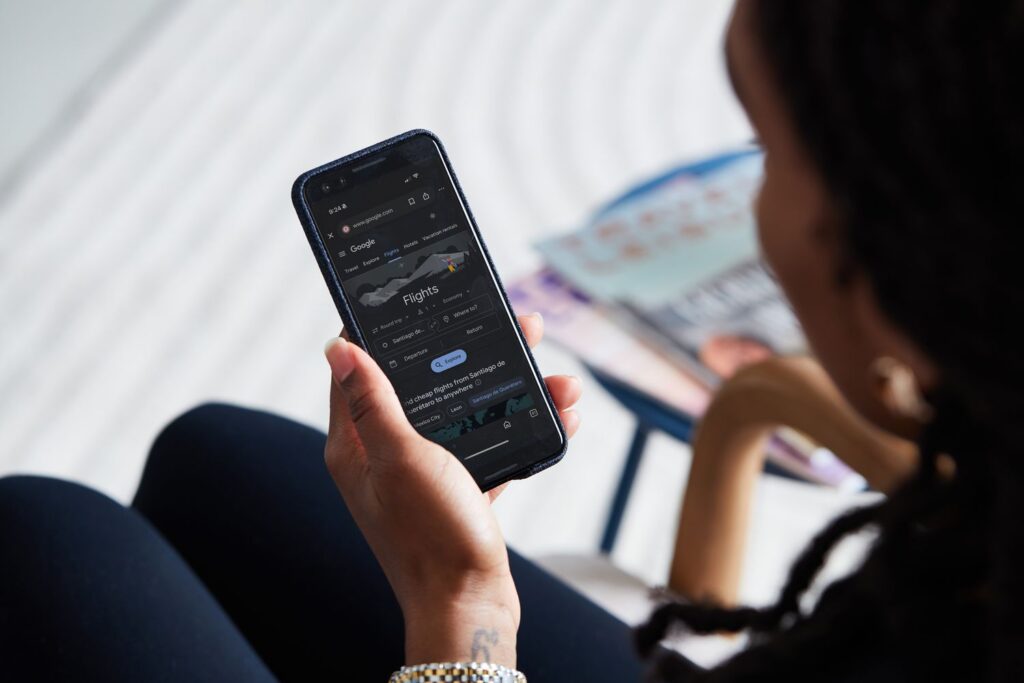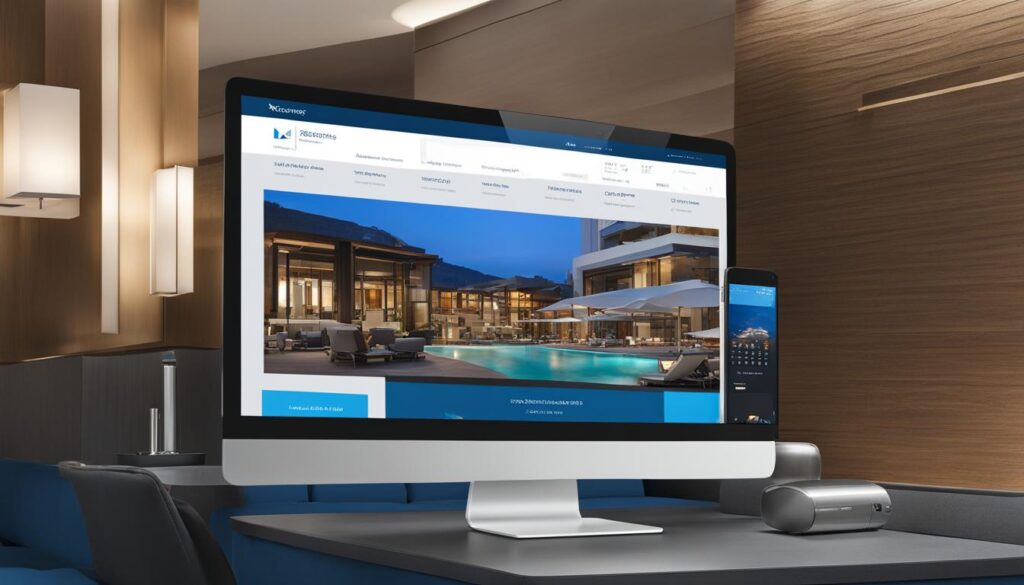Travel Sites for Hotels: Ultimate Guide to Choosing & Booking with Confidence
Title: Travel Sites for Hotels: Ultimate Guide to Choosing & Booking with Confidence
Meta Description: Discover the best travel sites for hotel booking, including top OTAs and comparison tools. Explore in-depth insights on platforms like Booking.com, Expedia, Trivago, and Kayak. Learn how technology enhances your booking, plus real-world examples, benefits, and FAQs.
Travel Sites for Hotels: Ultimate Guide to Choosing & Booking with Confidence
Insert image of a traveler browsing hotel deals on a laptop.
Booking a hotel online has never been easier, thanks to a wide variety of travel sites for hotels, from full-service OTAs (online travel agencies) to meta-search engines and brand platforms. Choosing the right one can affect price, availability, ease of cancellation, loyalty benefits, and overall peace of mind. This comprehensive guide dives deep into how these platforms work, the top contenders in 2025, tech innovations that improve booking, real-world examples, practical benefits, and common questions to help you book smarter.
How Travel Sites for Hotels Work and Why It Matters

Travel sites span multiple models: OTAs like Booking.com, Expedia, and Agoda let you search, compare, and book directly; meta-search engines like Trivago, Kayak, and Skyscanner compare prices across hundreds of booking sites but redirect you to a vendor to complete the booking. Branded platforms, such as specific hotel chain sites, offer direct inventory and loyalty perks. The best choice depends on your priorities, whether it’s deep discounts, flexible cancellation, or loyalty rewards.
These platforms aggregate vast hotel inventories, offer filtering by amenities, price, reviews, and location, and provide user reviews and imagery. Their algorithms and partnerships determine discovered rates, often reflecting real-time inventory or negotiated wholesale deals, not always visible directly on the hotel’s website.
Top Travel Sites for Hotel Booking in 2025
Booking.com
Booking.com dominates global market share, covering over 3.4 million properties across 220+ countries with a multilingual interface and a strong mobile app experience. A r/TravelHacks user said:
“Booking.com is the largest and best… never a single issue. …use the app for the best pricing and deals”
Ideal for those seeking variety, transparent filtering, and free cancellation on most listings.
Expedia Group (Expedia, Hotels.com, Vrbo)
Expedia Group offers extensive inventory, including hotels, holiday rentals, and packages.Hotels.com lists some 325,000 properties globally and includes loyalty perks. Loyalty points and targeted discounts.
Trivago
As a meta-search engine tied to Expedia, Trivago compares hundreds of booking sites at once. Best for researchers wanting quick visibility on relative pricing across platforms.
Kayak & Skyscanner
Kayak combines OTA and meta-search capabilities, while Skyscanner scans across top OTAs and redirects bookings. Both integrate price forecasting and deal alerts.
Agoda
Popular in Asia-Pacific, Agoda offers exclusive “Secret Deals” and strong inventory in Southeast Asia and beyo.nd Excellent for travel in Asia.
Priceline & Hotwire
Known for “opaque” bookings and deep discounts (where the name hides until after purchase), these OTAs offer last-minute deals, sometimes up to 50% off.
Trip.com & Traveloka
Trip.com (formerly Ctrip) leads in Asia with flights, hotels, and transport services, with 60 millionusersrs Traveloka is dominant in Southeast Asia, offering local deals and lifestyle services.
Technology That Enhances the Booking Experience

Modern travel platforms offer powerful technology to streamline hotel booking:
-
Price alerts & forecasting on Kayak and Skyscanner help you determine the ideal booking time.
-
Meta-search comparison via Trivago or Google Hotels lets you see across multiple OTAs.
-
Mobile-first design on apps like Booking.com enables instant reservations, last-minute cancellations, and geolocation-based deals.
-
Loyalty integrations reward frequent users with discounts, points, or member-only rates (e.g., Hotels.com One Key, Expedia One Key).
-
AI chatbots & customer support provide real-time assistance, especially on big brands like Expedia or Trip.com.
This tech brings clarity, control, and convenience to what was once a fragmented process.
Real-World Hotel Booking Examples

Urban Business Travel
A frequent business traveler uses Booking.com to filter for free Wi-Fi, express check-in, flexible cancellation, and earning free-night credit via reward stays. Booking.com’s deep inventory offers options near meeting venues and loyalty benefits.
Family Vacation in Asia
A family flying to Bangkok booked hotels and local experiences via Agoda, leveraging “Secret Deals” that revealed hidden savings post-booking. They also used Trip.com to reserve local transport and sightseeing packages, benefiting from the platform’s multi-service integration.
Example 3: Last-Minute Weekend Getaway
A couple planning a spontaneous road trip used Hotwire’s opaque hotel deals and Priceline’s Express Deals to find a four-star hotel at nearly half price. They accepted the anonymity of the live hotel name post-purchase and scored luxury on a budget.
Benefits of Using Travel Sites for Hotels
Insert an image of a person holding a phone with a hotel booking app
Price Transparency & Savings
With comparisons across platforms and secret-deal options, travelers can access deals up to 50% off typical rates. Price-forecast alerts also help lock in savings.
Diverse Options & Availability
From luxury resorts to boutique stays and hostels, these sites list properties that individual brand sites may miss, especially in niche markets.
Flexibility & Peace of Mind
Many listings offer free cancellation until the last moment or allow modifications at no cost, ideal for uncertain travel plans.
Loyalty & Rewards
Booking consistently earns credits or elite status. Hotels.com’s One Key, Agoda’s tier system, and Expedia One Key offer tangible benefits over time.
Booking Automation & Itinerary Management
Integrated confirmations, digital itinerary inclusion, and mobile check-in remove the hassle. Some platforms auto-populate travel apps like Google Trips or TripIt.
Practical Use Cases & Problem-Solving with Hotel Sites
Flexible Date Travel
Problem: Uncertain travel dates cause stress over bookings.
Solution: Use price alerts and free-cancel listings across OTAs. Lock in refundable rates, adjust dates based on lower price predictions.
Destination vs Budget Travel
Problem: Need to balance location and affordability.
Solution: Cross-check via meta-search (Trivago) for rates across platforms, then review loyalty perks on platforms like Booking.com for extra benefits.
Multi-city Trip Planning
Problem: Booking hotels across several cities is time-consuming.
Solution: Use Kayak or Skyscanner to compare hotels by city block, aggregate booking capabilities, and simplify itinerary building in one workflow.
FAQs
Q1: Should I always book through OTAs or directly with hotels?
OTAs often offer better rates, stocked inventory, and loyalty programs. However, direct booking may carry perks like upgrades, booking flexibility, or direct property deals. It’s wise to compare before booking.
Q2: Are packages or opaque hotel deals safe?
Opaque deals (Hotwire, Priceline) offer steep discounts but hide the property name until after purchase. Ideal for risk-takers on short trips. For transparency and loyalty benefits, regular OTA bookings may be preferable.
Q3: How early should I book a hotel?
Booking 2–3 months in advance secures availability and lower prices, especially for peak seasons. For off-peak trips, use price alerts to catch deals 1–2 months out. Meta-search tools can help you time your booking perfectly.





